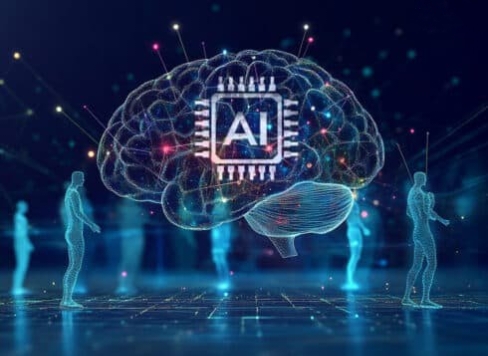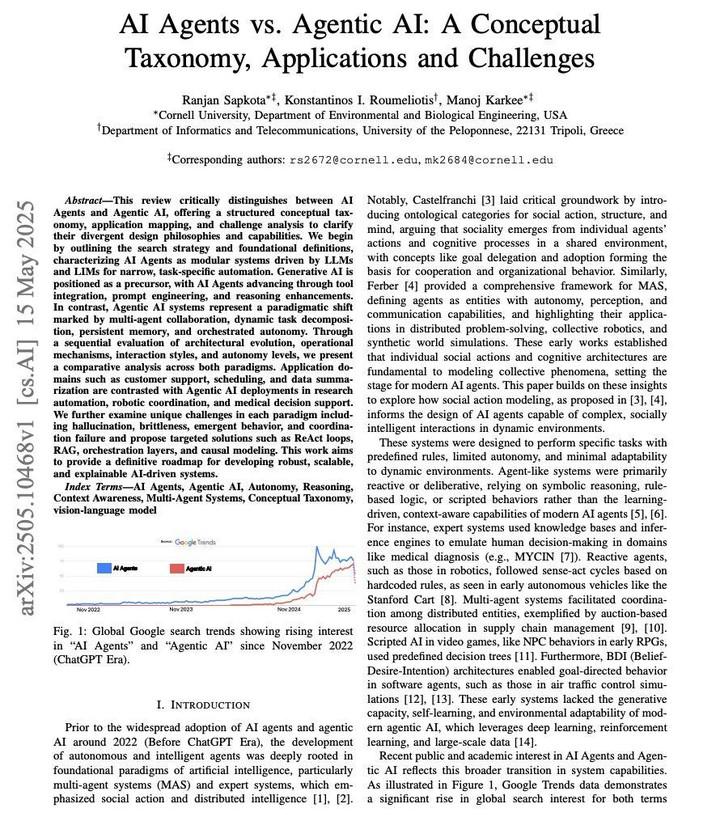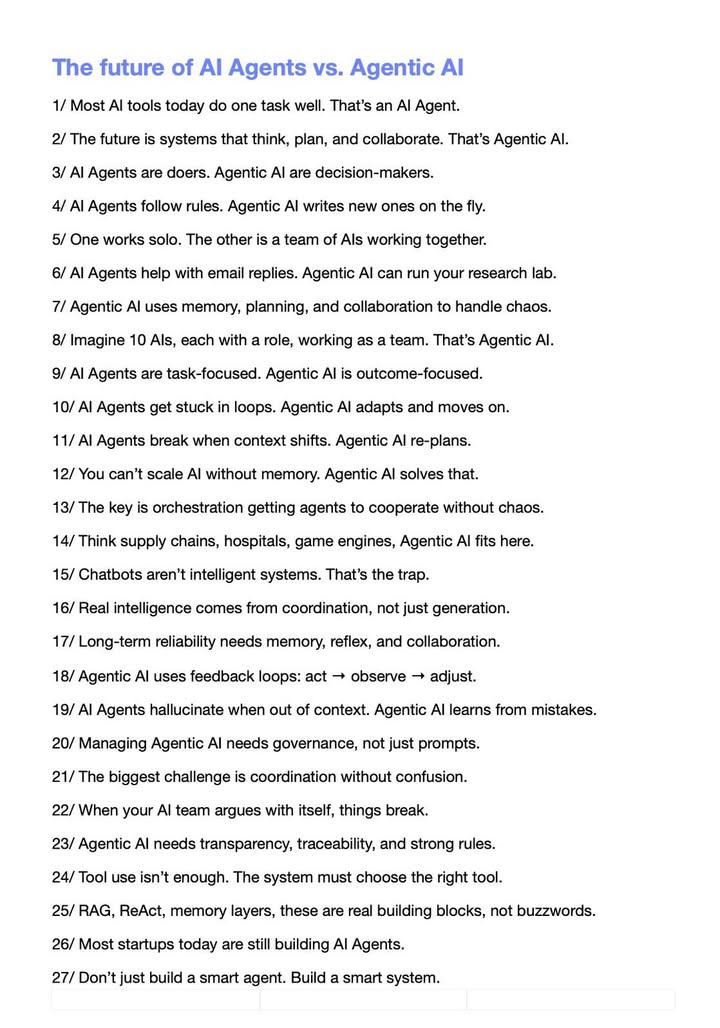Back
AIGuts
Exploring AI's poten... • 9m
What Are Agentic AI Frameworks and How Do They Power Autonomous Systems? Agentic AI frameworks are at the forefront of next-gen AI, enabling systems to act autonomously with decision-making capabilities similar to humans. These frameworks are designed to allow AI agents to perceive their environment, plan actions, execute tasks, and even adapt over time. In this blog, we explore what agentic AI frameworks are and how they power autonomous systems, helping you understand why they are key to the future of artificial intelligence. We’ve compiled a detailed agentic AI frameworks list that highlights some of the most impactful tools currently available. From AutoGPT to BabyAGI and LangChain, you’ll find agentic AI frameworks examples used in real-world applications such as automated customer service, research agents, robotic control, and multi-agent collaboration. Our post also includes a comparison of agentic AI frameworks, so you can see the differences in capabilities, flexibility, and use cases. Whether you're a researcher or developer, we also explore the top agentic AI frameworks that stand out in terms of scalability, modularity, and developer support. Many of these tools are also agentic AI frameworks open-source, making them accessible for experimentation and deployment in your own AI projects. You’ll get insights into GitHub repositories, documentation strength, and community support for each framework.
More like this
Recommendations from Medial
Priyansh Khimani
AI Automation | Grow... • 11m
🚀 Agentic AI: The Future of Autonomous Automation 🤖 Agentic AI is transforming how we automate and make decisions. Unlike traditional AI, which follows strict commands, Agentic AI acts independently, sets goals, adapts, and executes tasks with min
See MoreAshish Bhat
Founder @ Hueman AI ... • 9m
HuemanAI: The Future of Agentic AI HuemanAI represents a breakthrough in agentic artificial intelligence, seamlessly blending human-like reasoning with autonomous capability. Our platform enables AI agents to understand context,make decisions, and t
See More
Account Deleted
Hey I am on Medial • 12m
Why India’s Biggest Companies Are Betting on Agentic AI Agentic AI refers to autonomous GenAI agents capable of performing complex tasks with minimal human supervision. Indian companies, from startups to enterprises like Zomato, Infosys, and Zoho,
See More
Rahul Agarwal
Founder | Agentic AI... • 1m
I spent 2025 designing and building hundreds of AI agents. If you’re unsure where to start, here’s the key thing to know ↓ AI agents aren’t complicated. The real challenge isn’t coding or connecting tools. It’s picking the right foundation before
See Morepooja Mallick
Designing my own sto... • 11m
Artificial Intelligence (AI) is transforming the way we live and work! AI agents are autonomous systems that use AI and Machine Learning (ML) to perform tasks, make decisions, and interact with their environment. From customer service to healthcare,
See MoreAIGuts
Exploring AI's poten... • 9m
What’s the Difference Between Agentic AI and Generative AI? As artificial intelligence advances in complexity and capability, two major branches—Agentic AI and Generative AI—are beginning to shape distinct roles in technology and society. This guide
See MoreDownload the medial app to read full posts, comements and news.














/entrackr/media/post_attachments/wp-content/uploads/2021/08/Accel-1.jpg)



















